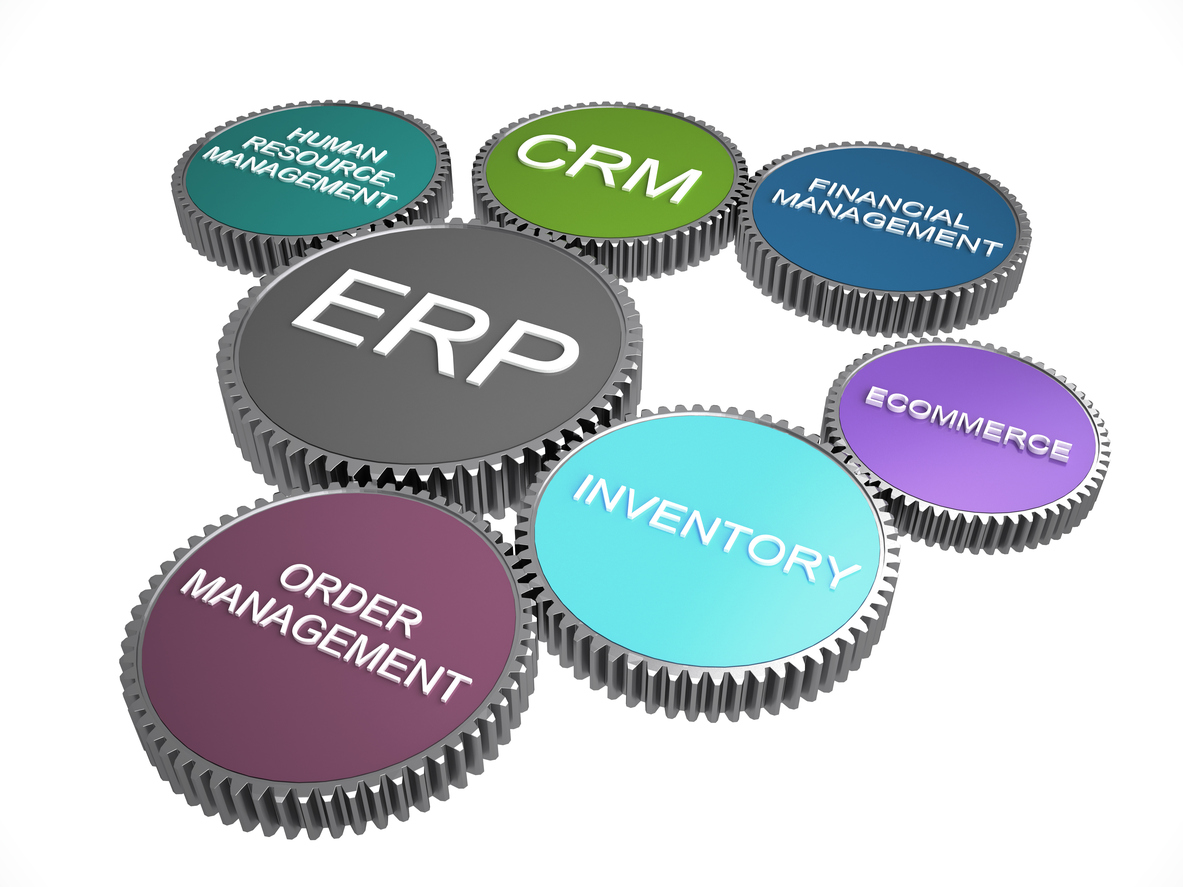1. Recruit Champions and Establish Clarity
Application Management needs to provide their input from the beginning and be viewed as a significant partner. Not only does the project need a supportive and involved project sponsor, but champions throughout the business who can articulate the benefits to their colleagues and sell the project to users need to be recruited. Take the time to create a project charter and preliminary scope statement so that the project sponsor is defined, the project is formally initiated, the project manager is authorized to take action, and project objectives are understood.
2. Cost Justification
System integration can be expensive but can also deliver significant value, therefore clearly justifying the costs involved as well as the value that can be realized is worth the effort. Also to be considered are the costs of the advantages that you are currently missing out on.
3. Craft a Thoughtful Integration Plan
Define the preliminary IT integration strategy (what needs integrating), and present a high-level timeline and cost estimate, taking into consideration one-time costs and a three-year view of recurring costs. A well-defined plan should enable the team to mobilize quickly, hit the ground running and stay focused.
4. Strong Technical Expertise
Large technology projects are typically complex and frequently require that technologies and system components be designed, developed, and configured into a customized and integrated solution. To build a strong project foundation, you must have strong technical leads upon whom you can rely; if those leads are internal resources, be sure to backfill their regular roles so they can be dedicated and fully focused on integration planning and execution.
5. Solid Project Management Process
Having a structured, well defined project management process in place will help drive integration projects to successful completion. Risk is high, budgets are significant, and a strong, experienced project manager following a structured methodology can have a huge impact on whether a project fails or is successful. To succeed, a process for defining requirements, estimating, planning work, identifying and managing risks, escalating issues, managing change and reporting progress should be in place.
6. Be Willing to Make Tradeoffs
One of the biggest challenges faced in executing the project will be managing people, their various and contradicting opinions, and the changes they request. A project manager can only be effective if he or she is willing to make tradeoffs. No one will get everything they want, but it is the responsibility of the project manager to ensure the objectives of the project are met.
7. Small Successes – Work Iteratively
Integration projects are typically wide-ranging, complex and follow a strategic vision. Such projects have a greater chance of success if they are broken down into smaller components that can be delivered iteratively to show demonstrable value.
They are typically not good candidates for an Agile development process but following a flexible methodology that enables iterative development and delivery is a good way to manage risk and project complexity.
8. Don’t Shortchange System Integration Testing
Enterprise projects are generally comprised of multiple, integrated system components and interfaces therefore it is important to conduct well thought out and comprehensive system integration testing. Allocating substantial time in the project schedule for this activity is essential.
9. Structured Decision-Making Process
The landscape can quickly change as unexpected technical problems occur. Decisions need to be made in a timely manner as delays will have a negative impact on the project timeline and budget. An effective decision-making process needs to be in place at every level; conducting regular daily, weekly or monthly meeting can facilitate that goal. Examples of such meetings are daily functional and technical team meetings, weekly change control board and risk management meetings, monthly steering committee meetings. Additionally, having a clear escalation process in place will facilitate access to decision-makers when their involvement is required.
10. Effective Resource Management
Effective resource management is a core component of large system integration projects; an experienced project manager will help to ensure the project is well staffed with appropriate team members possessing the specialized skills necessary to drive specific areas of technology. Those specialists are often spread across various physical locations and time zones, which makes project management and coordination especially important.





